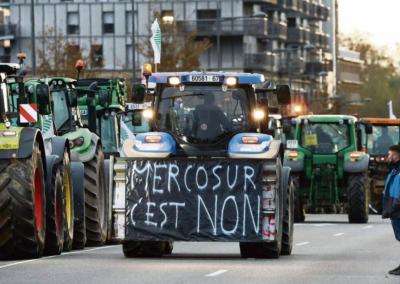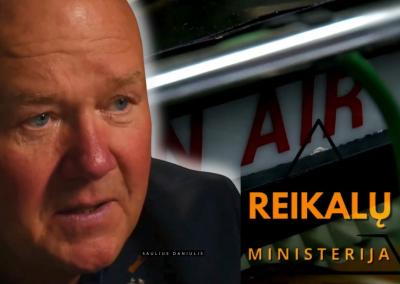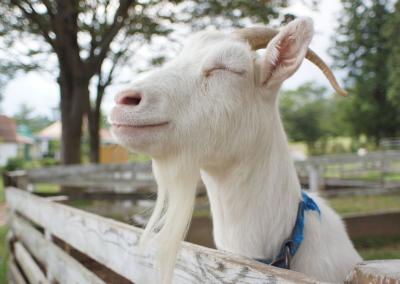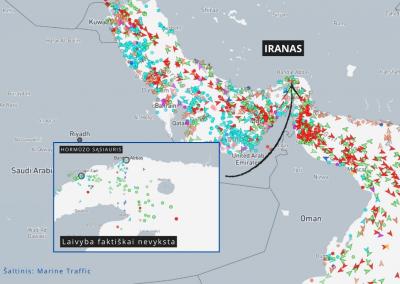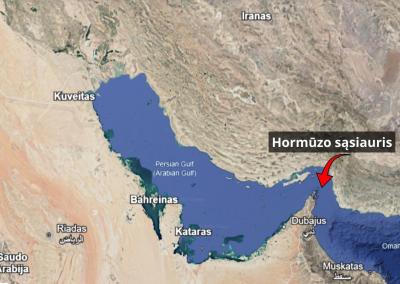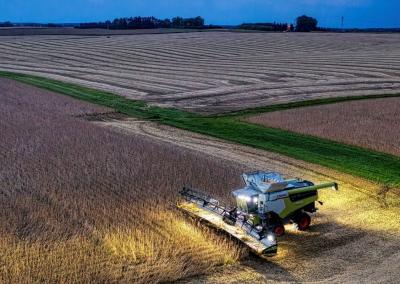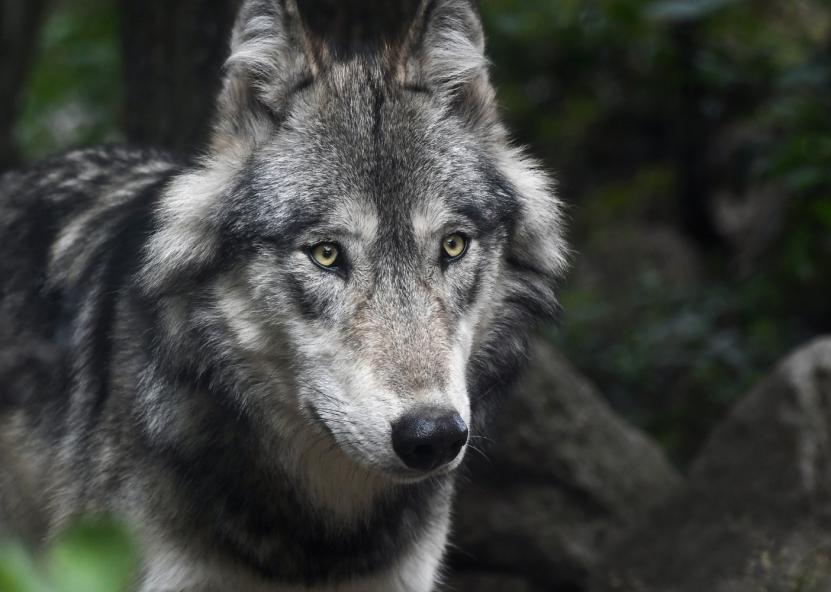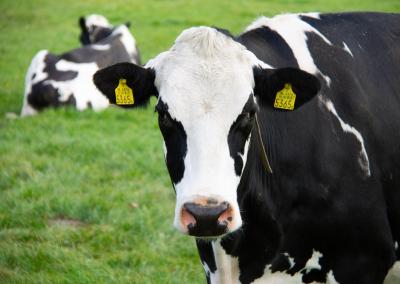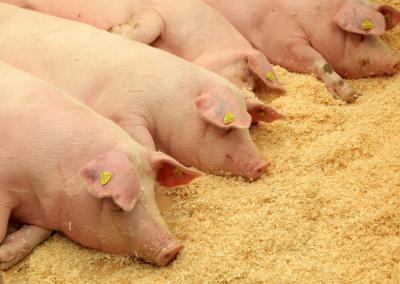The wolf problem in Spain has backed farmers into a corner
In the Asturias region of Spain, farmers are increasingly affected by wolves. For centuries, semi-wild livestock farming based on free-ranging cattle, sheep and horses has thrived here, but now this traditional way of life is threatened by the return of wolves.
Since May, wolves have already slaughtered more than 200 animals, wiping out cattle herds and sowing fear among farmers. The municipal government of Llanes is not calling on the state authorities for help, which, according to the municipality, are not taking effective measures.The population of grey wolves (Canis lupus) in Spain has been increasing rapidly over the last decade. While the species was previously on the verge of extinction, thanks to strict protection and natural recovery, Spain now has one of the largest wolf populations in Western Europe. The Sierra de Cuera has become the epicentre of the conflict between farmers and nature.
Farmers in the area complain that wolf attacks on their livestock have become more frequent and violent. In the past, wolves usually attacked sick or weak livestock, but now they are tearing up healthy, free-ranging cattle.
Farmers tell of horrific attacks in which calves, horses and sheep are found torn apart. Raising livestock in this mountainous region is vital, because every animal lost means not only a financial loss, but also emotional trauma and a sense of insecurity.
Some livestock farmers have already given up mountain grazing altogether and brought their animals back to their farms, which adds costs and difficulties to the day-to-day management of their farms.The municipality of Llanes has provided the regional and central authorities with a list of 14 identified wolves in one of its areas, which, if environmentalists' documents are to be believed, is either „wolf-free“ or „with a rare wolf appearance“.
Farmers are uniting and trying to find solutions. They are demanding that the wolf population be regulated and asking for hunting permits to reduce the number of wolves. They are also demanding that the compensation system be faster and more effective.
Farmers are unanimous in saying that „we can't go on living like this“. They say the government's bipartisan inaction threatens the traditional, extensive livestock farming way of life in Asturias – a way of life that has been the basis of the local economy and culture for centuries.















